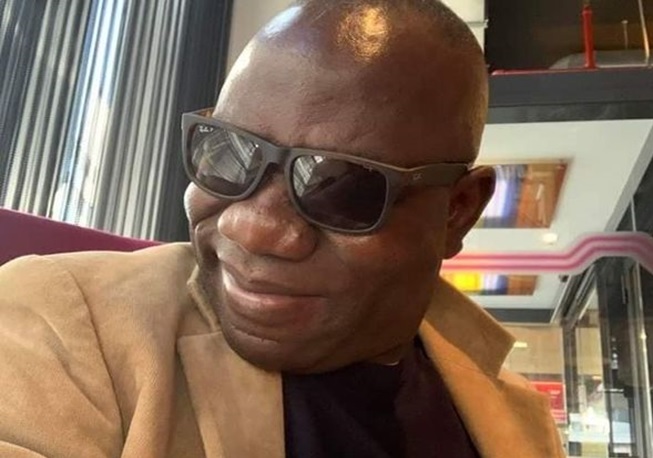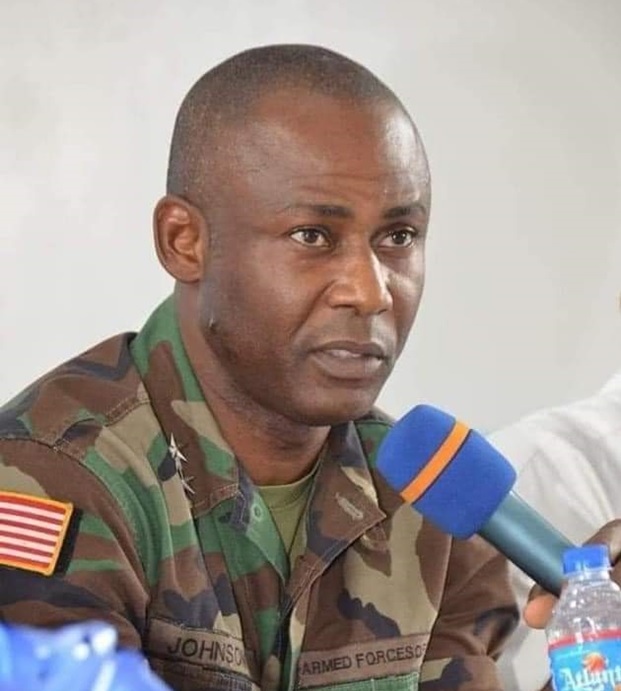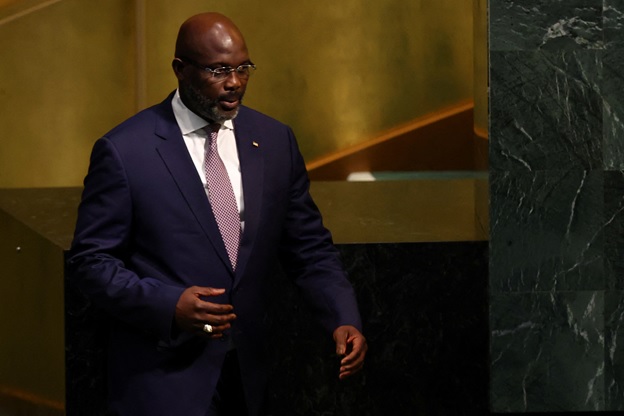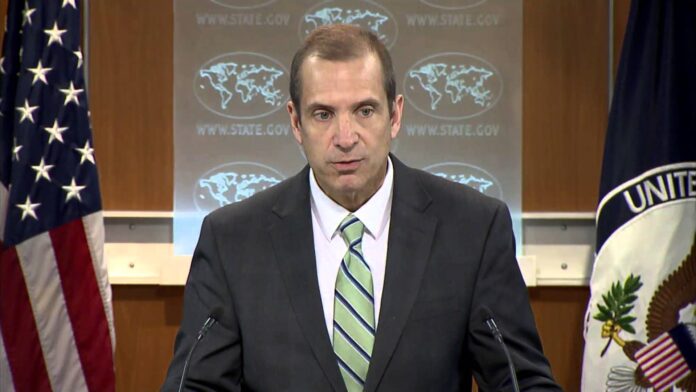MONROVIA – Liberia, the oldest nation in Africa, is currently experiencing a high level of political tension as its presidential election appears to be heading towards a second round. In the midst of this situation, a series of events have unfolded, causing shockwaves throughout the country.
Notably, a radio broadcast on ‘Freedom FM Radio’ has emerged, attempting to incite division between the army chief of staff and the army on one side, and the president and the ruling party on the other.
The Press Union of Liberia, the umbrella organization of journalists, has issued a statement condemning and shaming the pro-government station. It appears the statement has infuriated Liberia’s most powerful soldier, Major General Prince C. Johnson, the Chief of Staff of the Armed Forces of Liberia.
People knowledgeable of the issue spoke of the arrest of Sam Siryon, the Deputy National Security Agency Director for Operations allegedly based on orders of the chief of staff. Sam Siryon is the proprietor of the station and it is also alleged to have been using the radio to increase influence in government and proximity to President Weah.

Freedom FM has gained a reputation for its unwavering support of President George Weah’s administration, often disseminating information that aligned with the government’s narrative-targeting perceived Weah opponents.
At one point in time, the station Insulted, degraded and disparaged Vice President Jewel Howard-Taylor, who they considered at the time of undermining President Weah.
However, this time around, the station turned it rage on the AFL’s Chief of Staff Who wasted no time but to take on the deputy NSA boss, who many believed had been using the station to hunt down people he dislike.
According to the reports, Sam Siryon was arrested on orders of the Chief of Staff of the Armed Forces of Liberia (AFL), Prince C. Johnson.

The report of the arrest sent shockwaves throughout the nation, as it was highly unusual for a government official of Siryon’s stature to face such action. But main man who diatribe against Liberia was not arrested and unscathed. Abraham Godsent Wheon, who alleged the Army Chief of Staff supports the opposition Joseph Boakai and that he had ordered soldiers not to vote for President Weah in just-ended polls was never touched.
However, the news of the arrest raised questions about the motives behind it and the potential implications for national security.
When’s allegations not only tarnished the reputation of the armed forces but also had implications for national security.
The Press Union of Liberia promptly issued a statement condemning the radio station for its irresponsible reporting and insinuations.
As news of Siryon’s arrest spread, public sentiment became divided. Some hailed the arrest as a sign of accountability and justice, while others viewed it as an attack on press freedom and an attempt to stifle dissenting voices.
In the midst of this turmoil, sources say President George Weah found himself at a crossroads. Aware of the potential backlash and the implications for national security, he deliberated on the appropriate course of action. According to our sources, after careful consideration, President Weah decided to intervene. He ordered the immediate release of Sam Siryon, recognizing the delicate balance between press freedom and national security.
President Weah’s decision to release Siryon was met with mixed reactions, according other sources. Supporters of the government saw it as an affirmation of the president’s commitment to democracy and freedom of the press. However, critics argued that it undermined the rule of law and allowed for the perpetuation of the airing of false information against perceived opponents.
However, the incident had far-reaching implications. It highlighted the delicate nature of press freedom and the need for responsible journalism. It also served as a reminder of the challenges faced by those in positions of power, who must navigate between maintaining national security and upholding democratic principles.
The incident involving Sam Siryon and the pro-government radio station would serve as a catalyst for discussions, reforms, and a renewed commitment to finding a balance between press freedom, the rule of law, and national security, said a political analyst: adding that the nation learned valuable lessons from this incident, ultimately striving to create an environment where both press freedom and security could coexist harmoniously.







